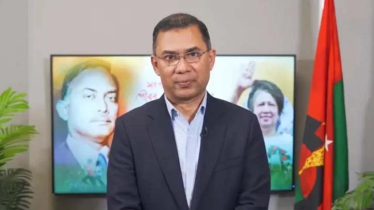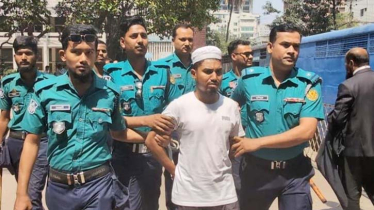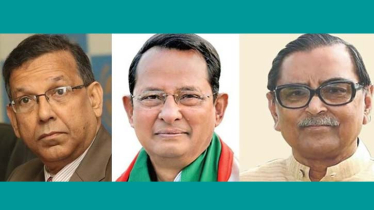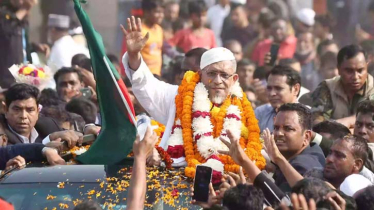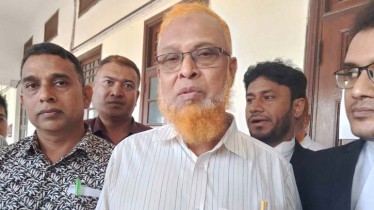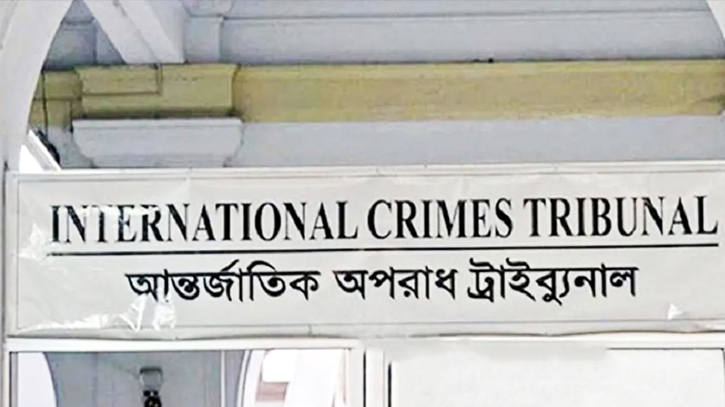
Photo: Collected
Thirteen accused including nine former ministers of the ousted Awami League government have been produced before the International Crimes Tribunal (ICT) in cases over the killings during the July-August mass uprising.
ICT chief prosecutor Md Tajul Islam said they were produced before the tribunal on Monday after showing them arrested in cases over crimes against humanity.
All the accused are now behind the bars in other cases, he added.
Those who were produced before the tribunal are former law minister Anisul Huq, civil aviation and tourism minister Lt Col (retd) Faruk Khan, Workers Party president Rashed Khan Menon, Jatiya Samajtantrik Dal president Hasanul Haq Inu, former state minister for posts, telecommunications and information technology Zunaid Ahmed Palak, former prime minister's power, energy and mineral resources adviser Tawfiq-e-Elahi Chowdhury.
Ex minister Dr Dipu Moni, Hasina’s adviser and businessman Salman F Rahman, former minister Kamal Ahmed Majumder, former minister Golam Dastagir Gazi, former justice Shamsuddin Chowdhury Manik, former home secretary Jahangir Alam and former minister Dipu Moni were among them.
Though former agriculture minister Dr Abdur Razzak was supposed to be produced with the above ones, he could not be produced due to his illness.
Earlier on October 27, the ICT ordered to produce the 14 accused on November 18.
Besides, the court ordered to produce former IGP Abdullah Al Mamun, former army official Ziaul Ahsan, former police officials Abdullah Al Kafi, Arafat Hossain, Abul Hasan and Mazharul Islam on November 20.
Various complaints including that of killing, torture, abduction and harassment were lodged with the ICT after the Sheikh Hasina-led government was toppled on August 5.
Over 1000 people were killed and many injured during the July and August uprising, which began as protests over government jobs and later escalated into an anti-government movement, leading to widespread violence and the end of Hasina's 15-year rule.
Messenger/Fameema

